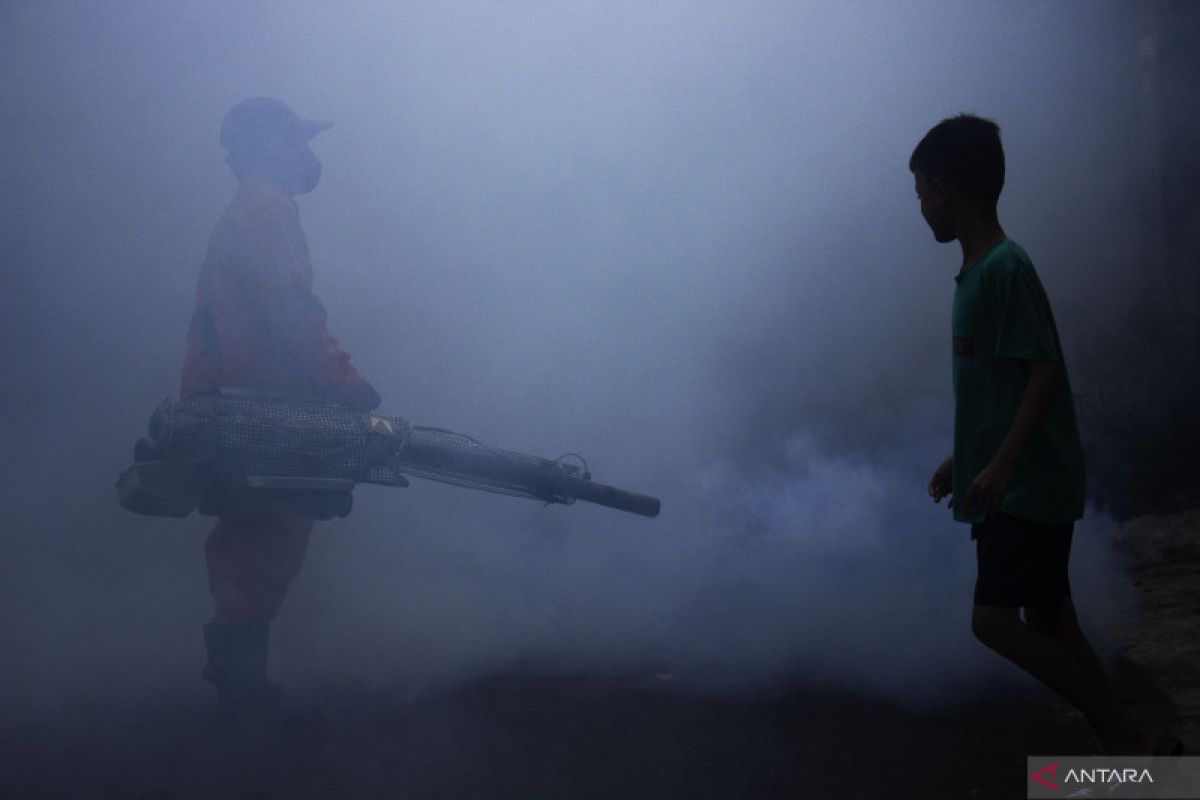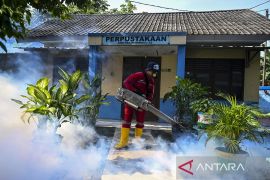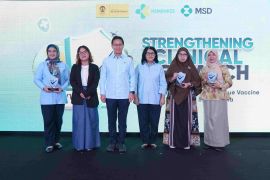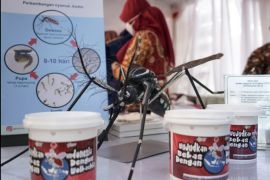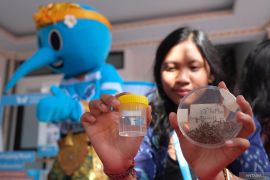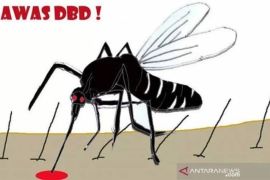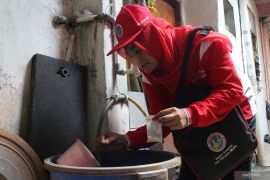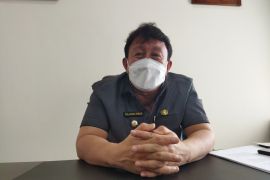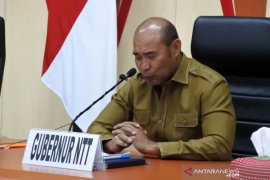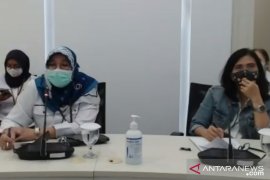"In accordance with existing regulations, both from the Health Ministry and the Jakarta provincial government, the main effort (to fight DHF) is through PSN 3M Plus activities in mosquito breeding places," Head of the Jakarta Health Office Ani Ruspitawati said here on Friday.
PSN 3M Plus involves draining and closing water reservoirs and recycling used goods that can potentially become mosquito breeding sites.
To suppress mosquito populations, Ruspitawati asked people to raise larvae-eating fish and plants that mosquitoes avoid as well as use mosquito repellent.
"In addition, there are case surveillance, early diagnosis, proper case management, and fogging to break the transmission chain, only carried out when the results of the epidemiological investigation are positive," she explained.
According to her, the cause of DHF are dengue viruses, namely DEN-1, DEN-2, DEN-3, and DEN-4, which are transmitted by mosquitoes.
The DEN-1 virus spreads very easily, even in previously unaffected areas. The virus is easily transmitted because it gains strength when it spreads in the body of mosquitoes or humans, but it does not cause serious illness.
The DEN-2 and DEN-3 viruses are considered the most harmful dengue fever viruses because they cause severe illness.
Meanwhile, the DEN-4 virus is the least common type of virus and is not malignant.
"Therefore, people must maintain their health and immediately get themselves checked at the nearest health facility if they are sick or have a fever," Ruspitawati said.
The number of dengue cases in Jakarta, as of May 2023, was 373. It reflected a decline compared to January, when the number of cases was recorded at 525, February (434), March (494), and April (498). As many as 8,138 dengue cases were reported in 2022.
Related news: Ministry urges public to follow 3M Plus to prevent dengue
Related news: School health units promote 3M Plus to check dengue spread: ministry
Translator: Siti N, Kenzu
Editor: Rahmad Nasution
Copyright © ANTARA 2023
